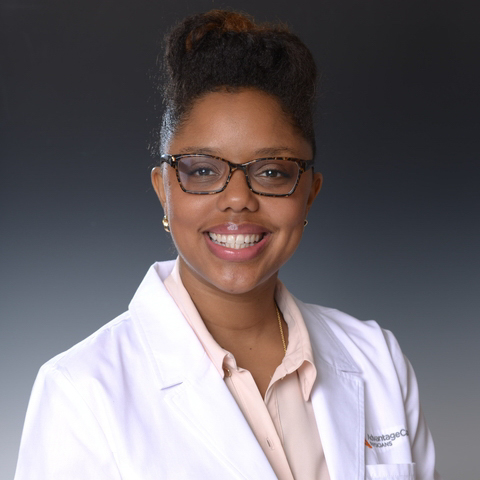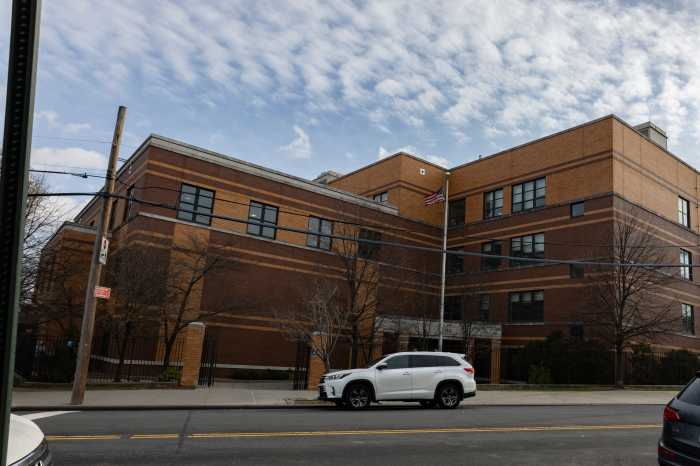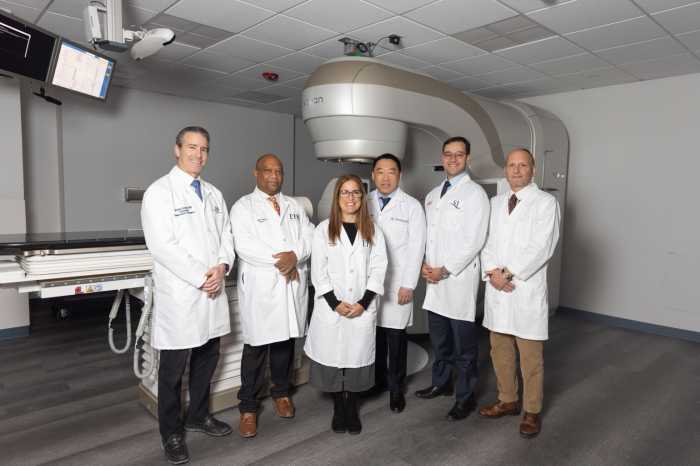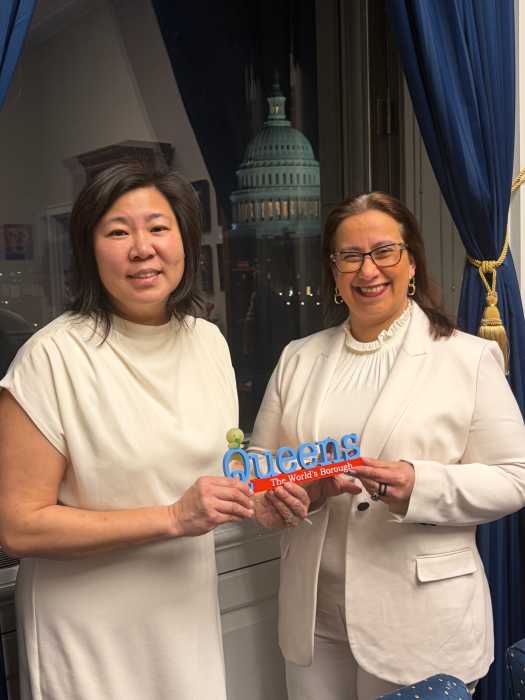BY DR. NICOLE THOMAS-SEALEY
The escalating pandemic has left many people around New York feeling uncertain and anxious.
For some of us, especially, those of us working on the frontlines as doctors, nurses, and other essential medical providers, it’s a whole different level of concern as we worry about bringing home the virus to our families at the end of a long day. It’s more important than ever that healthcare workers take care—and pay attention as we transition from the frontlines to the front door.
The coronavirus has changed what I call “the front door of my life,” or what I do before walking into my house after working with sick patients. Most, if not all, caregivers and essential workers can relate to this new normal. Now, for my own health — both physical and mental — I focus on that moment when I pull in the driveway and face my own front door. Perhaps other essential healthcare workers can take comfort that we’re all facing the same fears together.
Here’s how I approach it. For one thing, I don’t see my family until I know I have removed every item that could carry the virus—from my scrubs to my shoes. Because the thought of bringing it home makes me anxious and scared, I compose myself and make sure I’m clean. I also use these first few minutes simply to decompress from the emotional toll of being on the frontlines helping patients. This process takes me at least 30 minutes, but it’s well worth it.
In fact, my daughter helps me, because she is particularly concerned about the effect increased stress has on my overall health. As such, she takes extra steps to make me more comfortable as I’m arriving home, which inspires me to keep going. She prepares our mudroom — setting up my robe, a plastic bag for the clothes I wore all day, and even turns on the space heater so I don’t come home to a cold room.
I walk in to find a small fountain running calm water over rocks. It’s these little things that are extremely helpful, both emotionally and therapeutically. If you’re at home with someone working the frontlines, little acts of thoughtfulness mean more than you know right now.
As I manage my new front door life, here are some tips for my fellow “essentials” battling every day to keep it together while also keeping people cared for, healthy, and safe.
First, know how to talk to your young kids about the coronavirus. You can educate your children with information that is accurate and honest—and age-appropriate. Children may be resilient, but this pandemic is scary, so you need to remind your kids that many people are working hard every day to keep everyone safe and healthy.
Second, know how to protect yourself and your family. Keeping frontline clinical workers healthy is vital for pulling through this crisis. In addition to the personal protective equipment so important to those of us on the frontlines, it’s crucial to follow CDC guidelines for keeping safe and healthy.
Third, know what to do if you’re experiencing symptoms. While it is imperative for health care and other frontline clinical workers to continue working, you must follow all guidelines if showing symptoms or exposed to the virus. Many essential workers are dedicated to providing service in this time of need, but monitoring your health is just as important to all New Yorkers—including your own family.
Finally, know you’re not alone. We’re all experiencing additional stress and strain. And that’s okay. Having a circle of family and friends to turn to is always important, but even more so during these challenging times. Stay connected with friends and family by phone, video, or email.
While we’re all dedicated to fighting on the frontlines to help defeat this pandemic that’s so disrupted our lives, we must take care of ourselves. And while that starts on the frontlines—it runs through the front door.
And to all those who may be reading this; you too are essential in helping to protect frontline clinical workers. Follow the CDC guidelines and stay at home. If you must go outside, wear a mask and practice social distancing. Let’s all work together to flatten the curve. Our families’ and your families’ lives depend on it.
Dr. Thomas-Sealey is a family medicine specialist at AdvantageCare Physicians, one of the largest primary and specialty care practices in the New York area.



































